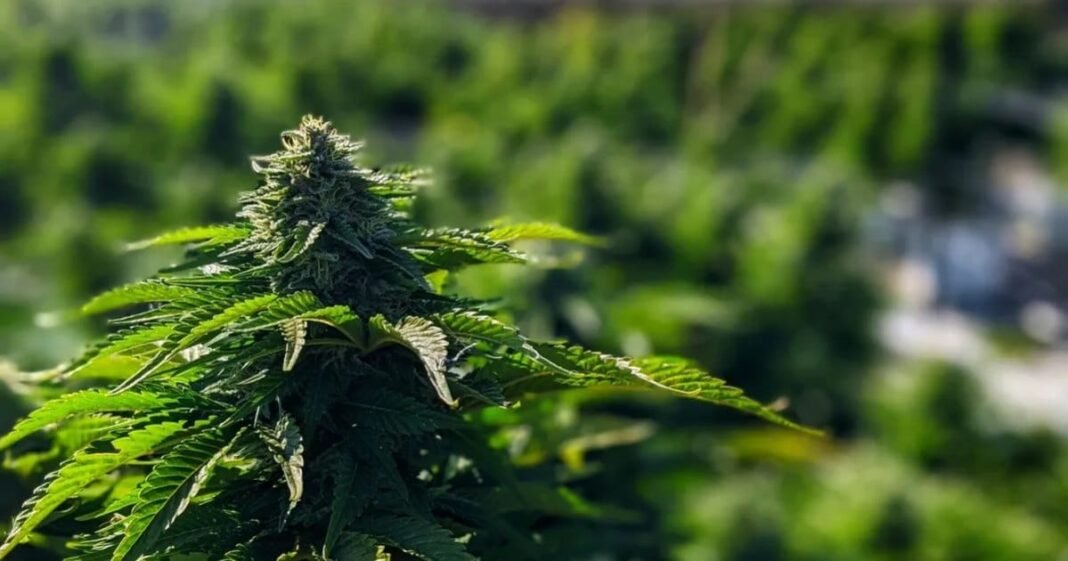The Office of Drug Control in Australia (ODC), has penalised a Tasmanian company for violating its licence to grow medicinal cannabis.
According to the ODC, Tasmanian Botanics has failed to comply with its obligations under The Narcotic Drugs Act of 1967 because it did not follow its standard operating procedures for disposing waste and maintain its licensed premises in accordance with its site plan approved by its license.
The total penalty for the violation notices is $39 600.
Comments reported by CannabizTasmanian Botanics Chief Executive Dan Howard explained that the fine was due to an outdated document resulting from miscommunication. He also said his firm fully cooperated with the ODC.
The ODC monitors, regulates, and controls the importation, exportation, and manufacturing of controlled substances such as medical cannabis Australia must comply with its obligations as set out in the International Drug Conventions.
Last time, the ODC fined a Queensland-based medical cannabis firm for violating its licence.
ODC strongly encourages all non-compliance to be reported.
If you have any suspicions about non-compliance with the law in regards to medical cannabis cultivation and manufacturing, you may report it to ODC through its online reporting system. ODC Tip-off form.”
ODC exchanges information with other departments on a state, territory and federal level in order to manage risks of regulatory compliance. The agency’s inspectors have been given regulatory powers to monitor, inspect and enforce, as well as the right to enter premises with no prior notice or consent.
Non-compliance of relevant laws can lead to financial penalties, instructions and binding undertakings. It could also result in civil or criminal actions being taken against the person who fails to comply. The punishment for a conviction in some extreme cases can include incarceration. The ODC may suspend or cancel a license for up to six months.
Tasmanian Botanics The company claims to be Australia’s largest grower.
“… we use our scale and vertically integrated operations to ensure consistent, natural products that meet real patient needs—without inflated costs or compromise,” states the firm.
In 2016, medical marijuana became legalized in Australia.




